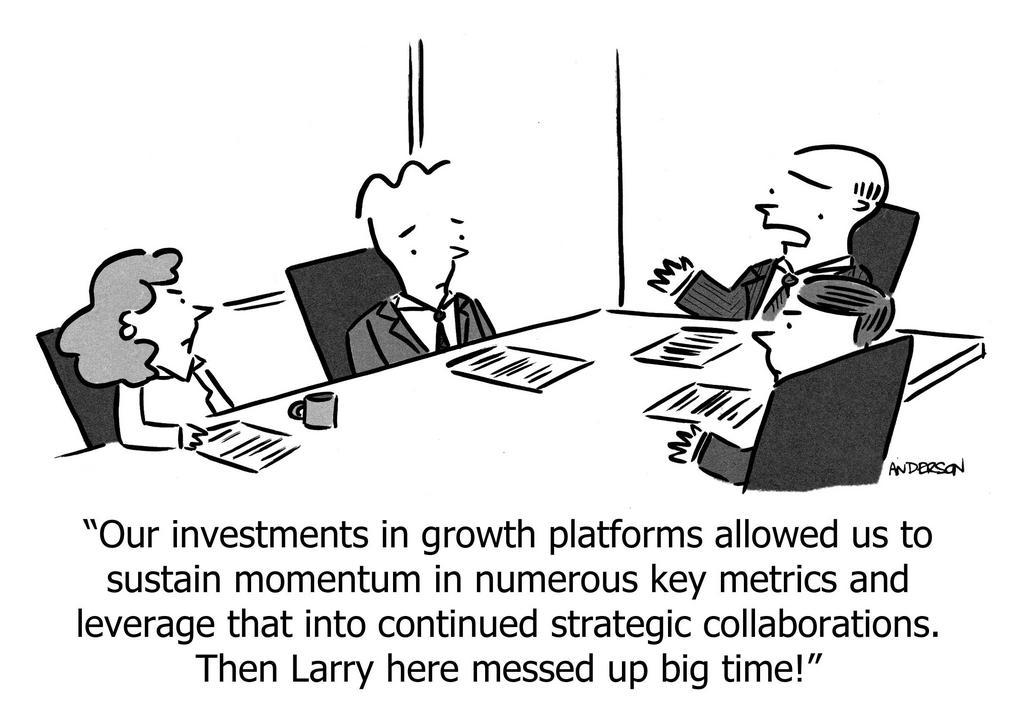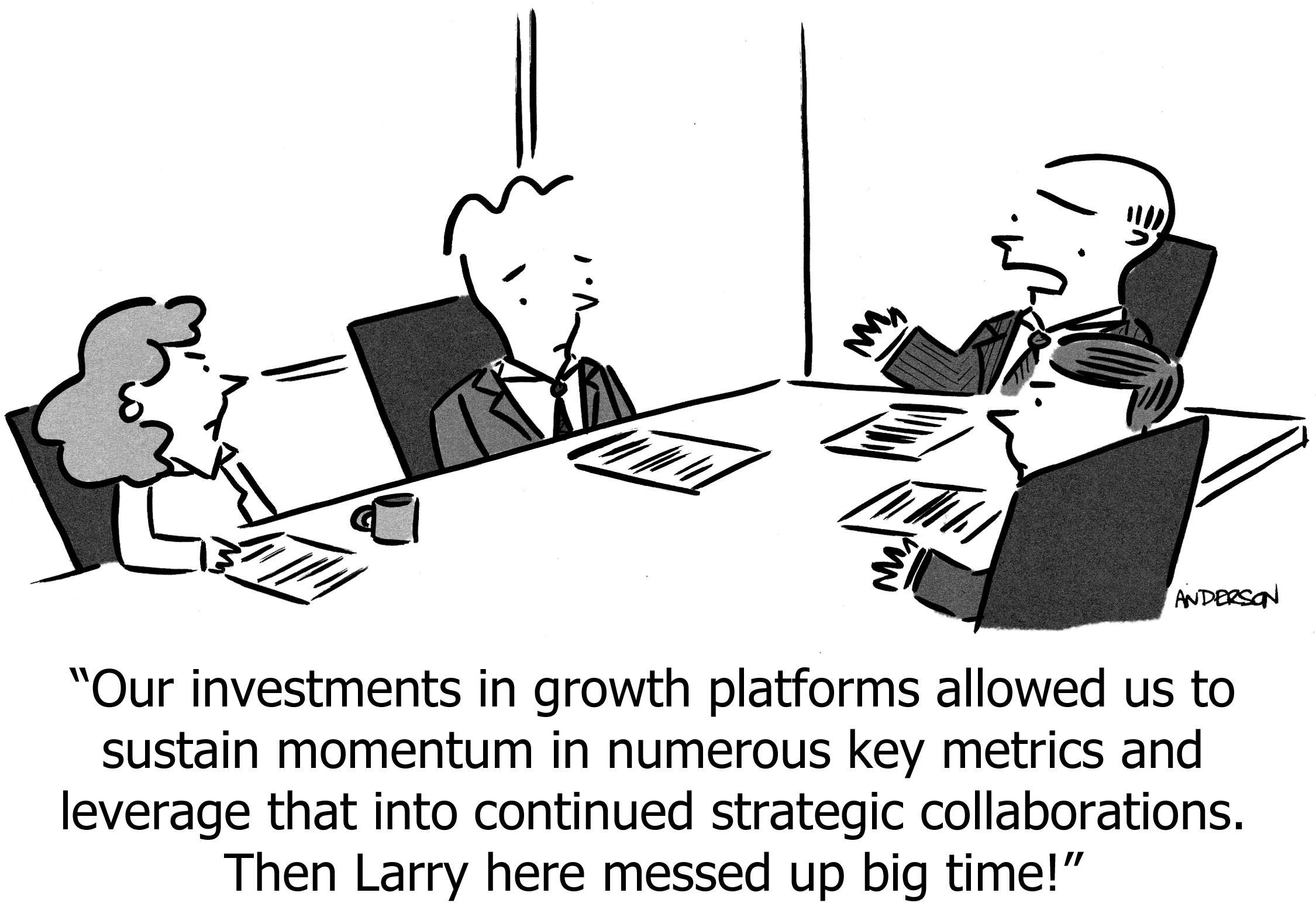More money if you do, more money if you don’t
“Always raise more money than you think you need.”
—people asking you to take their money
Actually, they’re right. It’s not a ruse devised by greedy vulture capitalists vying for extra points of equity.
You do need more money than you think. Why?
Today you have a business plan, featuring a plausible growth trajectory (neither too conservative nor too optimistic), and an associated cost structure to drive signups and service customers. It costs money to acquire a customer, but takes time for the monthly revenue to cover those costs, therefore costs rise faster than revenue, so you need a cash investment to fund that growth. Your projected cash low-point is $X, thus you need to raise $Y, not just to service the operational cash requirements, but to de-risk the company with additional investments you couldn’t otherwise afford to make.
But what if, nine months from now, revenue isn’t growing quite as quickly as planned? You still signed that 5-year office lease, hired support, sales, and engineering, and brought in training, a comptroller, and a business operations person. Marketing is over-spending to try to kick-start growth. You’re burning more money than you expected, but the correct course of action is to forge ahead and let revenue catch up, not fire half your team and retreat. So, you’ll need more money than you planned.
But what if, nine months from now, revenue is growing more quickly than planned? You scramble to hire ahead in support, sales, and the additional demands on engineering. You trade money for speed—recruiting, contractors, office space, finance. You incur customer on-boarding costs faster than planned, so although in the long-run your revenue will more than make up for it, right now these unexpected new customers cost much more than their revenue contributions, and cash reserves plummet. Sales and marketing is working, so you want to spend more on that too. So, you’ll need more money than you planned.
The only way you need the actual amount of money you thought you needed, is if everything in the next 18 months goes exactly according to plan—a deviation in either direction means you need more money.
You’re delusional if you think you can predict your startup’s finances 18 months out with precision! Which is totally OK—you’re not supposed to.
But not raising “more than enough” money means you’re denying that reality, and therefore causing a time-pressured cash-crunch for yourself 9-12 months from now. That’s irresponsible.
As Douglas Hofstadter says:
Hofstadter’s Law: It always takes longer than you expect, even when you take into account Hofstadter’s Law.
Similarly:
A business always takes more money than you expect, even when you take this fact into account.
https://longform.asmartbear.com/more-money/
© 2007-2026 Jason Cohen
 @asmartbear
@asmartbear ePub (Kindle)
ePub (Kindle)
 Printable PDF
Printable PDF







